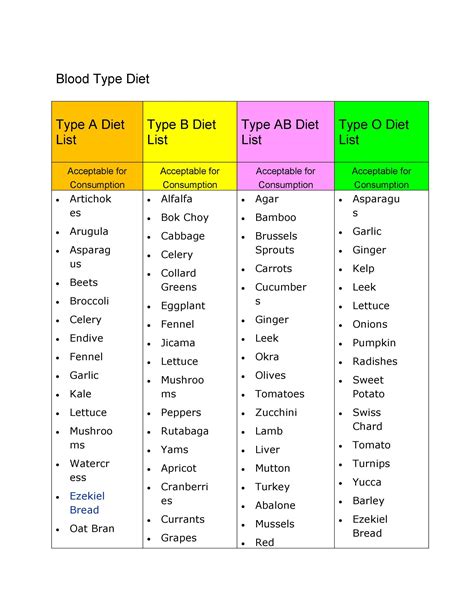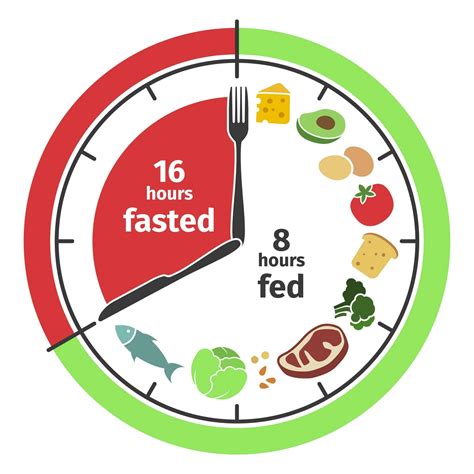Discover key nutrients and best foods for immune support. Learn how to create immune-boosting meal plans and implement healthy habits for immune power. Understanding the immune system.
Understanding the Immune System
Contents
The immune system is a complex network of cells, tissues, and organs that work together to defend the body against harmful pathogens such as bacteria, viruses, and fungi. It is a vital part of the body’s defense system, and without it, we would be susceptible to a wide range of illnesses and infections. The immune system is made up of two main parts: the innate immune system and the adaptive immune system. The innate immune system provides immediate, nonspecific defense against pathogens, while the adaptive immune system creates a targeted response to specific pathogens. Both parts of the immune system work together to protect the body and keep us healthy.
One key component of the immune system is white blood cells, which are produced in the bone marrow and are responsible for detecting and destroying pathogens. There are several different types of white blood cells, each with its own specific function in the immune response. For example, macrophages engulf and digest pathogens, while T cells help to regulate the immune response and B cells produce antibodies that can identify and neutralize pathogens.
Other important components of the immune system include the lymphatic system, which consists of a network of vessels and organs that helps to transport and filter lymph (a clear fluid that contains white blood cells), and the spleen, which acts as a storage site for white blood cells and can help to eliminate old or damaged red blood cells from the body.
Overall, the immune system is a highly complex and effective defense mechanism that helps to protect the body from a wide range of infections and illnesses. Understanding how the immune system works and the role that each of its components plays can help us to better appreciate the importance of maintaining a healthy immune system to support overall health and well-being.
Key Nutrients for Immune Health
When it comes to maintaining a strong immune system, it’s essential to ensure that you are getting the right nutrients in your diet. Certain vitamins and minerals play a key role in supporting immune health, and incorporating these into your daily meals can help to give your body the strength it needs to fight off illness and infection.
One of the most important nutrients for immune health is vitamin C. This powerful antioxidant is known for its ability to boost the immune system and protect against infections. Foods such as oranges, strawberries, and broccoli are all rich sources of vitamin C, so be sure to include these in your diet regularly.
Vitamin D is another essential nutrient for immune health. This vitamin plays a key role in regulating the immune system and can help to reduce the risk of respiratory infections. You can get vitamin D from foods such as fatty fish and egg yolks, or by spending time in the sun.
Zinc is also crucial for immune function. This mineral is involved in several aspects of the immune system, including the development and function of white blood cells. Foods such as meat, dairy, and nuts are good sources of zinc, so be sure to include these in your diet to support your immune health.
Probiotics are another important nutrient for immune health. These beneficial bacteria help to support the gut microbiome, which plays a crucial role in immune function. Foods such as yogurt, kefir, and sauerkraut are all rich sources of probiotics, so adding these to your diet can help to strengthen your immune system.
Creating Immune-Boosting Meal Plans
When it comes to creating immune-boosting meal plans, it’s important to focus on including a variety of nutrient-rich foods that can help support a strong and healthy immune system. By incorporating a range of fruits, vegetables, whole grains, lean proteins, and healthy fats into your meal plans, you can ensure that your body is receiving the essential nutrients it needs to function optimally and protect against illness.
In addition to incorporating a variety of nutrient-dense foods into your meal plans, it’s also important to consider key nutrients that are particularly beneficial for immune health. These include vitamins such as A, C, D, and E, as well as minerals like zinc and selenium. By including foods that are rich in these vitamins and minerals, such as citrus fruits, leafy greens, nuts, seeds, and lean meats, you can help to support your body’s natural defenses and promote overall immune function.
Another important aspect of creating immune-boosting meal plans is to focus on including foods that have been shown to have immune-boosting properties. This includes foods such as garlic, ginger, turmeric, and berries, which are known for their anti-inflammatory and antioxidant properties. By incorporating these foods into your meal plans, you can help to reduce inflammation in the body and protect against oxidative stress, both of which can have a positive impact on overall immune health.
It’s also important to consider the overall balance and variety of your immune-boosting meal plans. By including a range of different foods and flavors, you can help to ensure that you’re getting a wide variety of nutrients and antioxidants, which can have a positive impact on overall immune function. Additionally, by incorporating different types of foods into your meal plans, you can help to ensure that you’re meeting all of your body’s nutritional needs and supporting overall health and well-being.
Overall, creating immune-boosting meal plans is an important part of supporting a strong and healthy immune system. By focusing on nutrient-rich foods, key immune-boosting nutrients, and a balance of different flavors and food groups, you can help to ensure that your body is receiving the essential nutrients it needs to function at its best and protect against illness.
Best Foods for Immune Support
When it comes to supporting our immune system, the key is to focus on incorporating a variety of nutrient-rich foods into our diet. This can help to keep our immune system strong and functioning at its best.
One of the best foods for immune support is citrus fruits, such as oranges, grapefruits, and lemons. These fruits are high in vitamin C, which is known to help boost the immune system and fight off infections.
Garlic is another great immune-boosting food. It contains compounds that have been shown to enhance the function of the immune system and can help to ward off colds and flu.
Yogurt is also a beneficial food for immune support. It is a great source of probiotics, which are good bacteria that can help to keep our gut and immune system healthy.
Incorporating leafy greens into our diet, such as spinach, kale, and Swiss chard, can also help to support our immune system. These greens are high in vitamins and antioxidants that can help to protect the body from illness.
Implementing Healthy Habits for Immune Power
Implementing healthy habits is essential for maintaining a strong and powerful immune system. By incorporating simple yet effective lifestyle changes, you can significantly improve your body’s ability to fight off illness and disease.
One of the most important healthy habits for immune power is regular exercise. Engaging in physical activity on a consistent basis can help boost your immune system by promoting good circulation and reducing inflammation. Whether it’s going for a brisk walk, practicing yoga, or hitting the gym, finding an exercise routine that works for you is key to maintaining a strong immune system.
Proper nutrition is another crucial aspect of implementing healthy habits for immune power. Ensuring that your diet is rich in key nutrients such as vitamin C, vitamin D, zinc, and antioxidants is essential for supporting a healthy immune system. Incorporating plenty of fruits, vegetables, lean proteins, and whole grains into your meals can help provide the nutrients your body needs to function optimally.
In addition to exercise and proper nutrition, getting an adequate amount of sleep is vital for immune health. Sleep allows your body to rejuvenate and repair itself, and a lack of sleep can weaken your immune system and make you more susceptible to illness. Aim for 7-8 hours of quality sleep each night to support your body’s immune functions.
Finally, managing stress and practicing mindful relaxation techniques are important healthy habits for immune power. Chronic stress can weaken the immune system, so finding ways to de-stress and relax can help keep your immune system strong. Whether it’s through meditation, deep breathing exercises, or spending time in nature, finding ways to manage stress can have a profound impact on your immune health.












